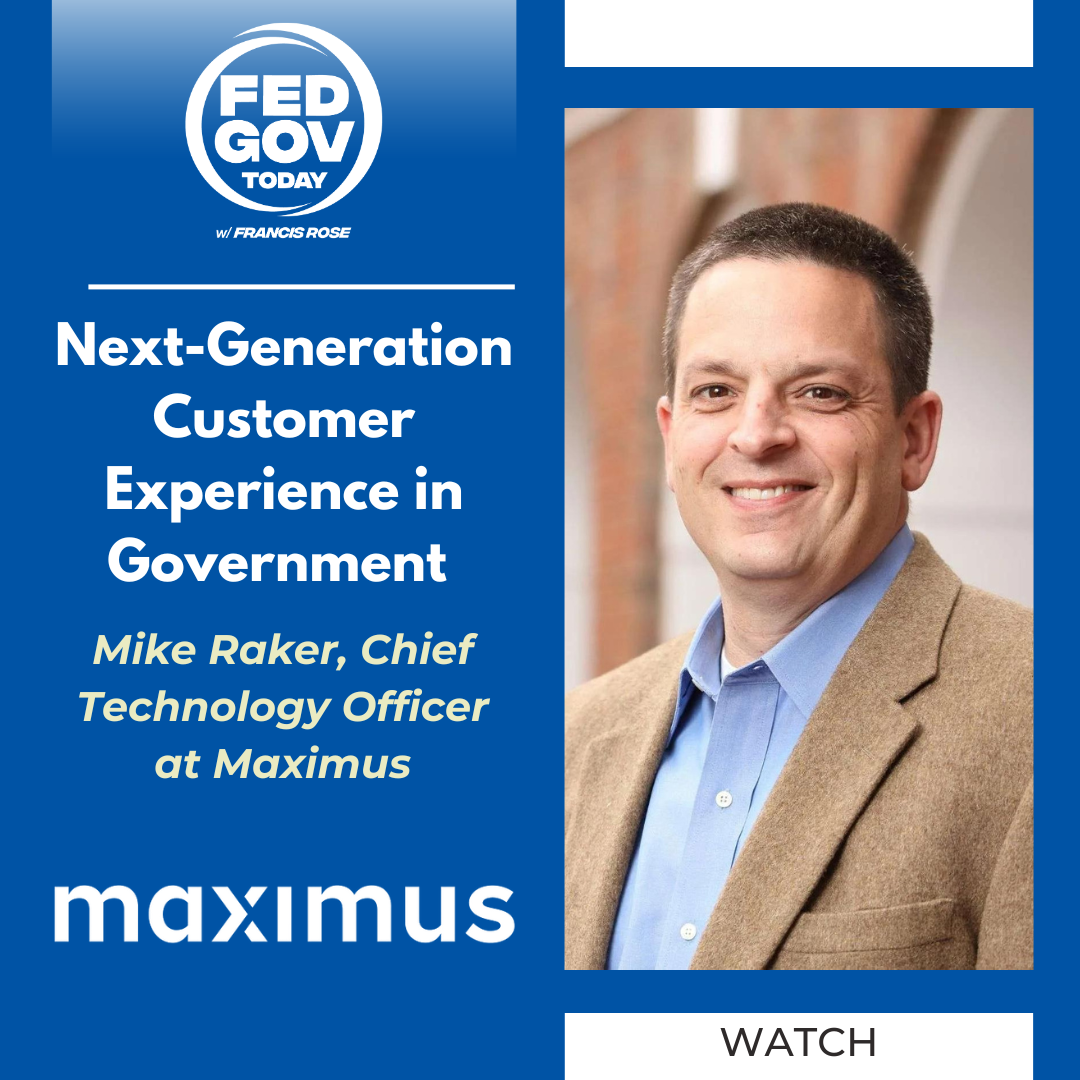June 16, 2024
Building an AI-Literate Workforce
Presented by ASRC Federal & W2 Communications
In the rapidly evolving landscape of artificial intelligence (AI), the federal government faces a pressing need to build a workforce that is not only knowledgeable about AI but also proficient in leveraging its capabilities. Eric Velte, Chief Technology Officer at ASRC Federal, recently shared his insights on this crucial endeavor during an interview on Fed Gov Today with Francis Rose. Velte outlined a comprehensive approach to developing an AI-literate workforce, emphasizing collaboration between government and industry, ethical considerations, and the strategic role of education.
The Three Pillars of AI Literacy
Velte highlighted a three-part framework for cultivating AI literacy across federal agencies. The first pillar involves establishing a foundational understanding of AI for all employees. This foundational knowledge includes basic concepts such as what AI is, its capabilities, and its applications. Training programs should also cover the ethical use of AI, ensuring that employees understand how to identify and mitigate potential biases in AI systems. Velte stressed that this foundational training is essential for creating a workforce that can recognize and utilize AI effectively in their roles.
 The second pillar focuses on upskilling technical employees. This involves providing more advanced training to those who already have a technical background, enabling them to harness the full potential of AI tools. By equipping these employees with the skills to integrate AI into their workflows, agencies can significantly enhance their operational efficiency and decision-making processes. Velte pointed out that AI can augment human capabilities, allowing for faster and more accurate data analysis, which is crucial in fields such as national security and public safety.
The second pillar focuses on upskilling technical employees. This involves providing more advanced training to those who already have a technical background, enabling them to harness the full potential of AI tools. By equipping these employees with the skills to integrate AI into their workflows, agencies can significantly enhance their operational efficiency and decision-making processes. Velte pointed out that AI can augment human capabilities, allowing for faster and more accurate data analysis, which is crucial in fields such as national security and public safety.
The third pillar is fostering partnerships with higher education institutions. Velte emphasized the importance of integrating AI literacy into the curriculum of universities and colleges. By doing so, the next generation of graduates will enter the workforce with a solid understanding of AI, ready to contribute to federal missions from day one. ASRC Federal actively collaborates with educational institutions to develop relevant programs and ensure that students are well-prepared for the demands of the modern workforce.
Ethical and Responsible AI
One of the core themes in Velte’s discussion was the ethical and responsible use of AI. He referred to President Biden’s executive order on the safe and secure use of AI, which underscores the importance of developing AI systems that reflect the values and principles of the American society. Velte highlighted that the development and deployment of AI must be guided by ethical considerations, ensuring that these technologies do not perpetuate biases or compromise individual rights.
Responsible AI involves balancing the benefits of AI with the need for human oversight. Velte noted that while AI can provide unprecedented speed and accuracy in data processing, it is crucial to maintain human accountability in decision-making processes. AI systems should be designed to support, not replace, human judgment. This approach ensures that AI tools are used to enhance human capabilities while preserving the ethical standards that govern federal operations.
The Role of AI Operators
Velte introduced the concept of an AI operator, a specialized role within federal agencies dedicated to overseeing the deployment and use of AI technologies. AI operators are trained not only in the technical aspects of AI but also in the specific mission needs of their agency. They play a critical role in ensuring that AI systems are implemented responsibly and effectively, addressing any ethical concerns that may arise.
ASRC Federal advocates for the adoption of AI operators across the federal government, believing that this role is essential for maintaining the trustworthiness of AI systems. AI operators can help mitigate risks associated with AI, such as unintended biases and security vulnerabilities, by providing continuous oversight and ensuring adherence to ethical standards.
Collaboration with Industry
Velte also emphasized the importance of collaboration between government and industry in building an AI-literate workforce. Industry partners, like ASRC Federal, possess the agility and expertise to develop and deliver AI training programs. By working together, federal agencies can leverage the best practices and innovations from the private sector to enhance their AI capabilities.
Eric Velte’s insights underscore the critical need for a comprehensive approach to AI literacy in the federal workforce. By focusing on foundational knowledge, technical upskilling, and ethical considerations, and by fostering collaboration with educational institutions and industry partners, federal agencies can build a workforce that is prepared to harness the power of AI responsibly and effectively. This approach not only enhances operational efficiency but also ensures that AI technologies are used in a manner that aligns with the values and principles of American society.



